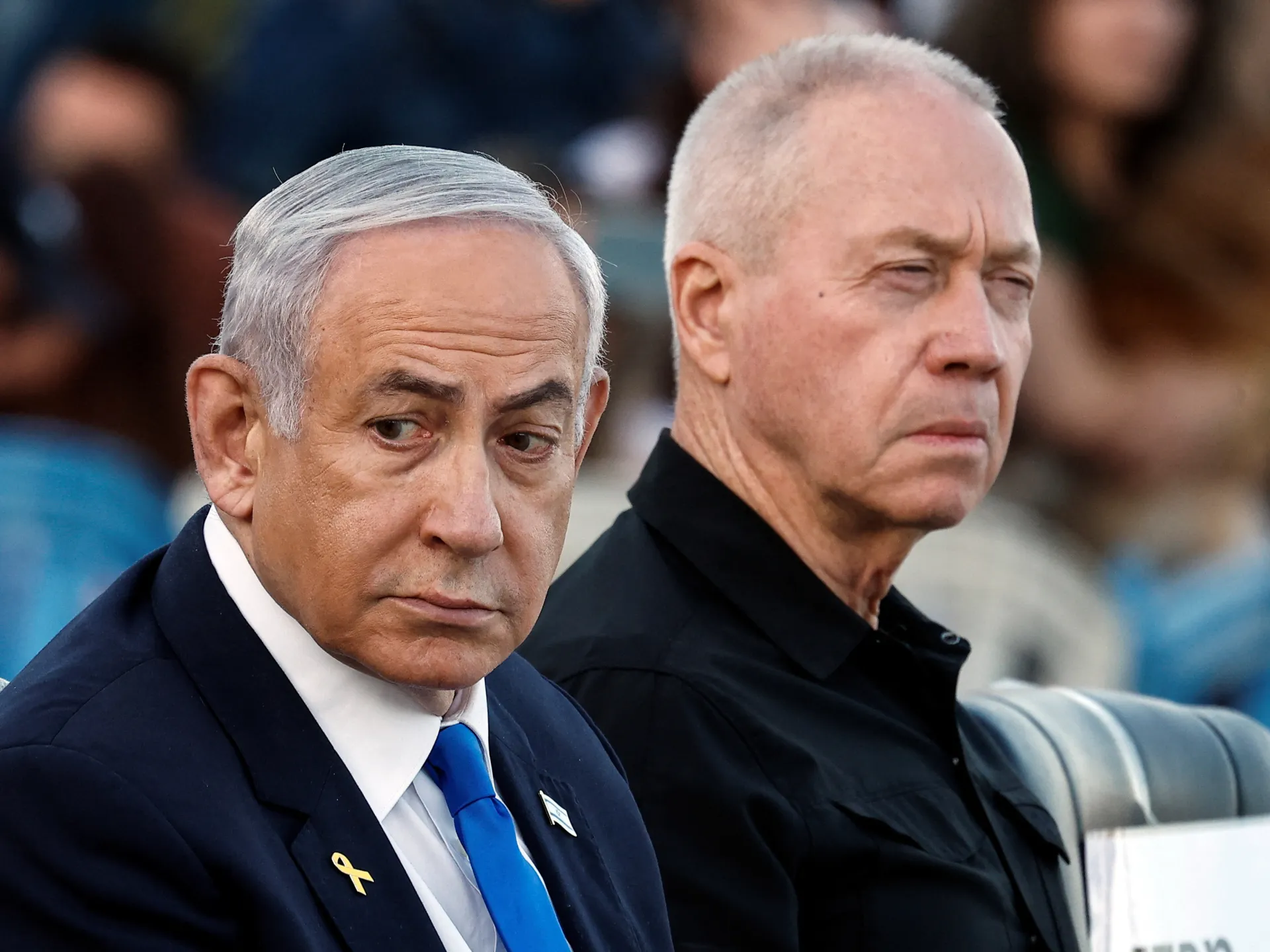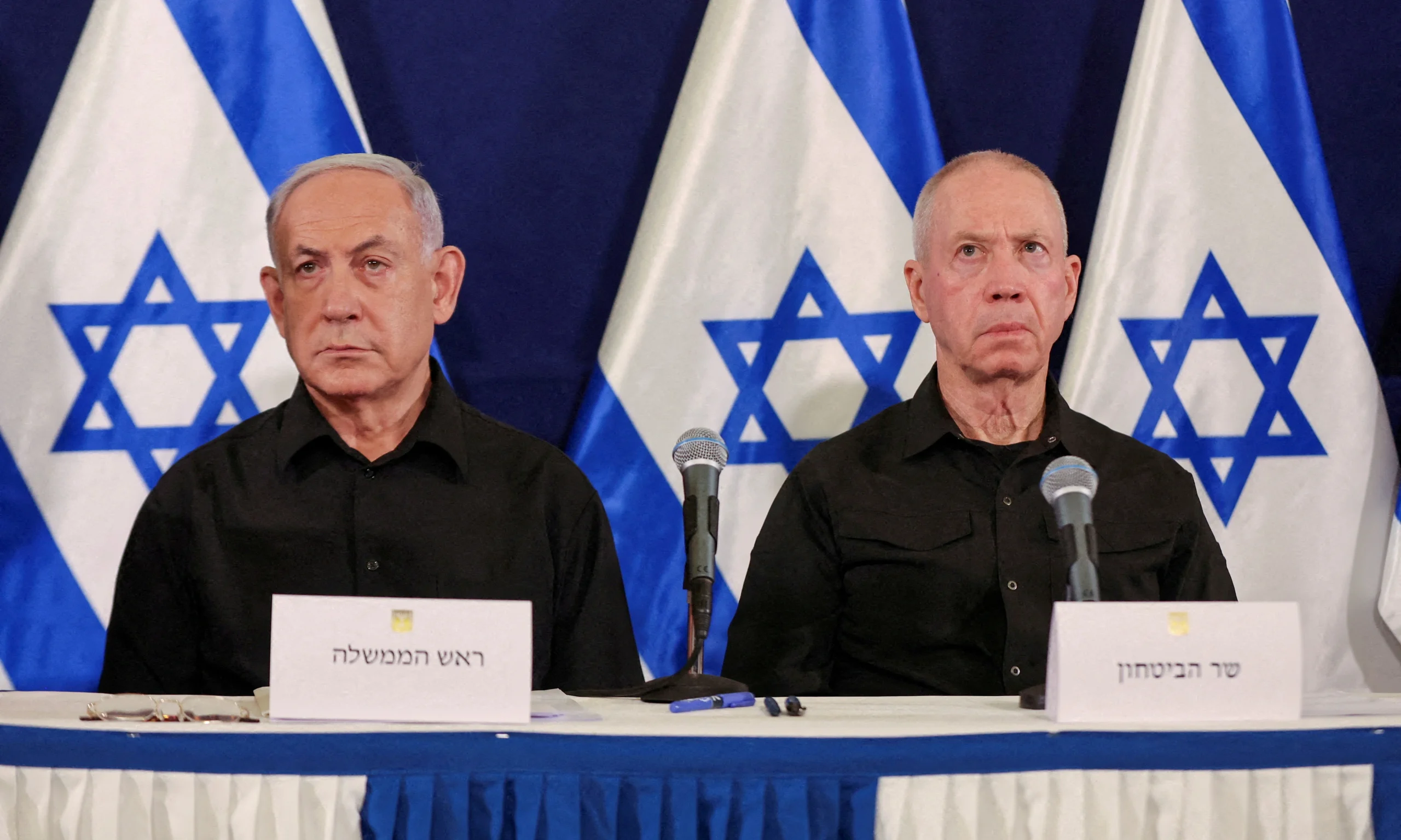The International Criminal Court (ICC) has issued arrest warrants for Israeli Prime Minister Benjamin Netanyahu and former Defense Minister Yoav Gallant, accusing them of war crimes in Gaza. This decision has been met with widespread anger and disbelief among Israelis, who view it as a misdirected action that fails to address other global conflicts.
At Jerusalem’s Mahane Yehuda Market, shoppers expressed frustration, highlighting what they saw as a double standard in international justice and voicing strong support for their leadership in a time of crisis.
Despite internal divisions over Netanyahu’s leadership, the ICC’s decision has united many Israelis against external pressure. Legal expert Gil Siegal noted that even critics of Netanyahu feel the charges are unfair, galvanizing a sense of national solidarity. Although weekly protests against Netanyahu persist, most Israelis still back the Gaza war, which they see as a necessary response to the devastating October 7 Hamas attack. This unity underscores how external challenges often bring Israelis together, even amid domestic discord.

ICC Warrants Spark Israeli Outrage Amid War Crimes Accusations Against Netanyahu and Gallant
For many Israelis, the shock of the October 7 attack remains raw, influencing public opinion about the war. The attack, which killed over 1,200 people, has left a deep imprint on the national psyche. Public displays of solidarity, such as portraits of hostages displayed across the country, reflect this ongoing trauma. While opposition to the war exists, it is primarily centered on the mounting Israeli casualties and a desire to secure the release of hostages, with little focus on the plight of Palestinians.
The ICC’s inclusion of Hamas leader Mohammed Deif alongside Israeli officials in its warrants has further inflamed Israeli sentiment. Many Israelis find it incomprehensible to equate their leaders with a figure they associate with terrorism. While some see the warrant for Deif as a step toward justice, the simultaneous charges against Netanyahu and Gallant have provoked outrage and confusion, intensifying feelings of isolation and victimization within Israel.
The ICC action has also raised fears about broader implications for the Israel Defense Forces (IDF) and its soldiers. Mandatory conscription means that most Jewish Israelis are directly connected to the military, either personally or through family. Legal groups warn that the charges could set a precedent, placing Israeli soldiers and leaders at risk of prosecution. Although rare, some reservists have begun refusing service, citing moral objections to the war and hoping for an end to the conflict.
Organizations like Breaking the Silence, which opposes the Gaza war, have voiced rare support for the ICC’s decision, arguing it highlights the severity of the situation. However, such perspectives are in the minority, as most Israelis view the court’s actions as unjustified interference. The ICC’s move has intensified debates about the Gaza war but has also reinforced national unity, as Israelis grapple with a profound sense of being unfairly judged by the international community.











































